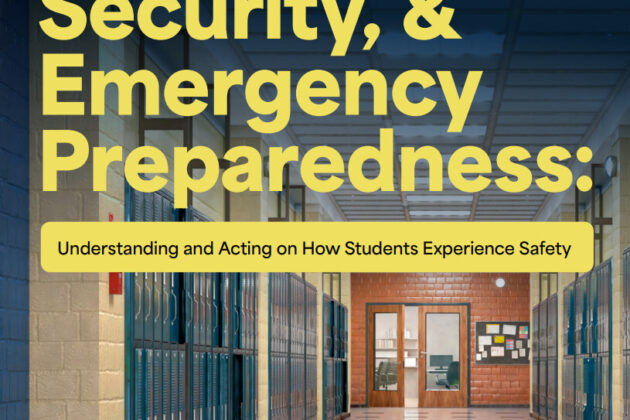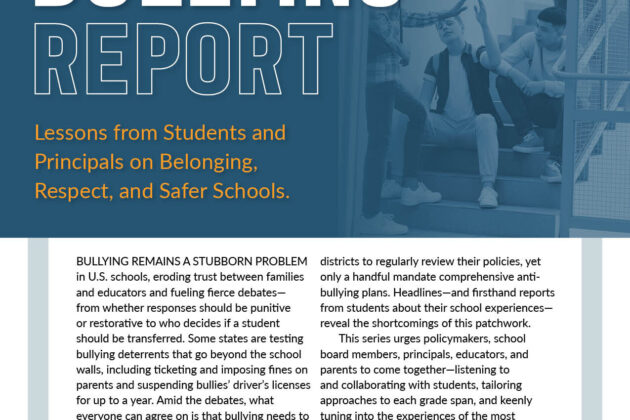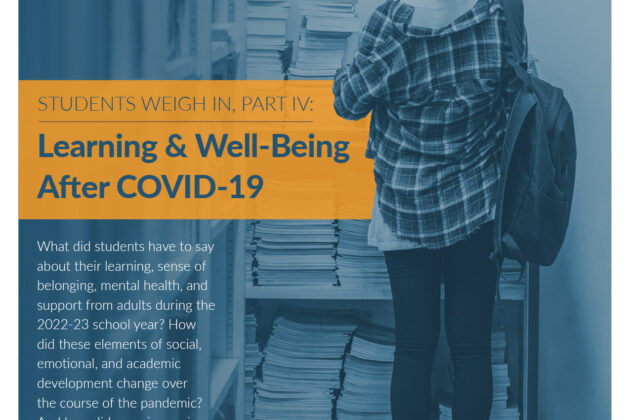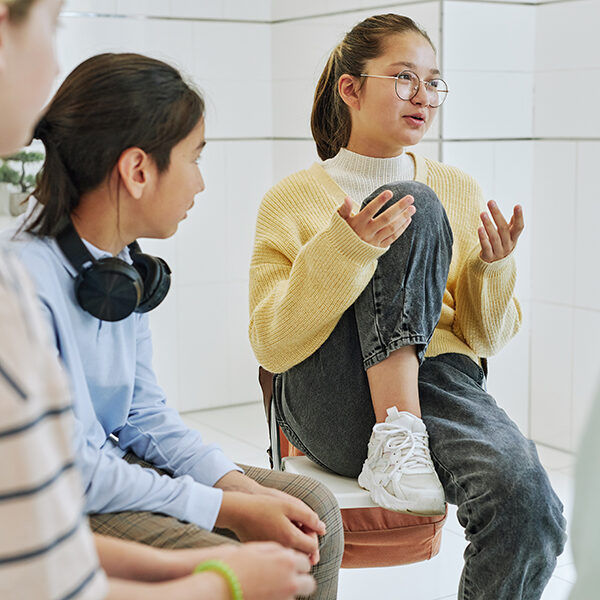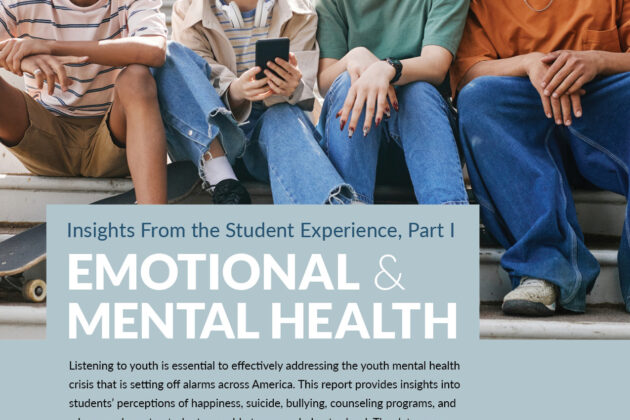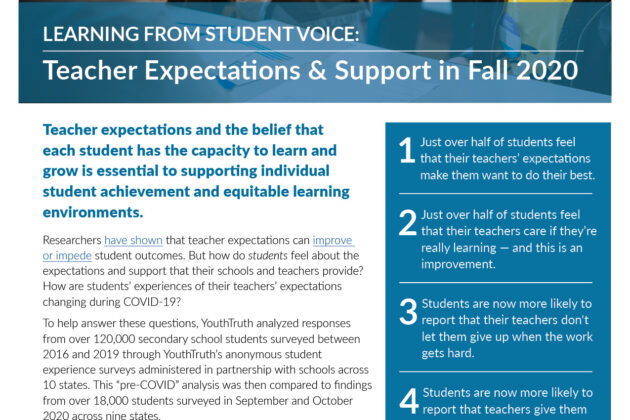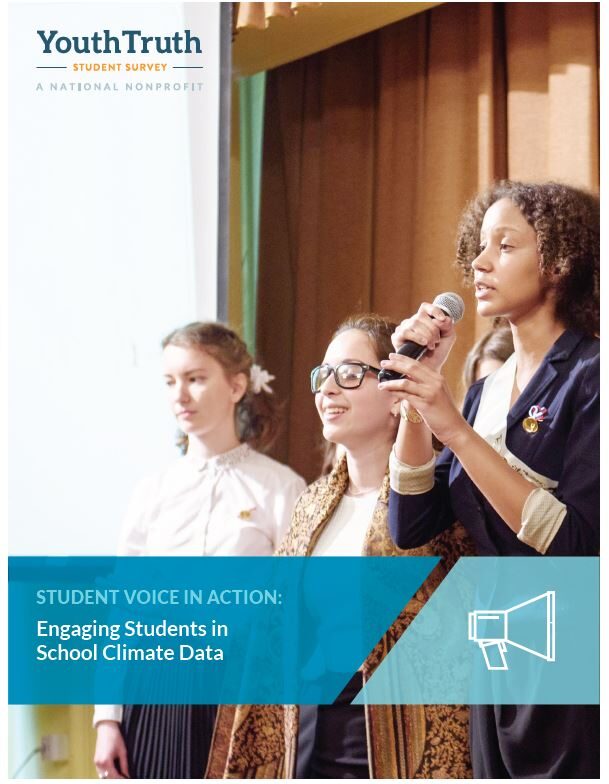School Safety, Security, & Emergency Preparedness: Understanding and Acting on How Students Experience Safety
A sense of safety and security is foundational to students’ learning, belonging, and healthy development. Yet creating and maintaining schools where students feel truly safe is a complex and ever-shifting challenge, spanning protection from violence and bullying to emotional wellbeing, and disaster preparedness. At a time when investments in school safety are growing and security products are expanding, this report offers a reminder that safety cannot simply be purchased—it requires a deep understanding of, and investment in, the daily work of tending to a healthy school culture.

